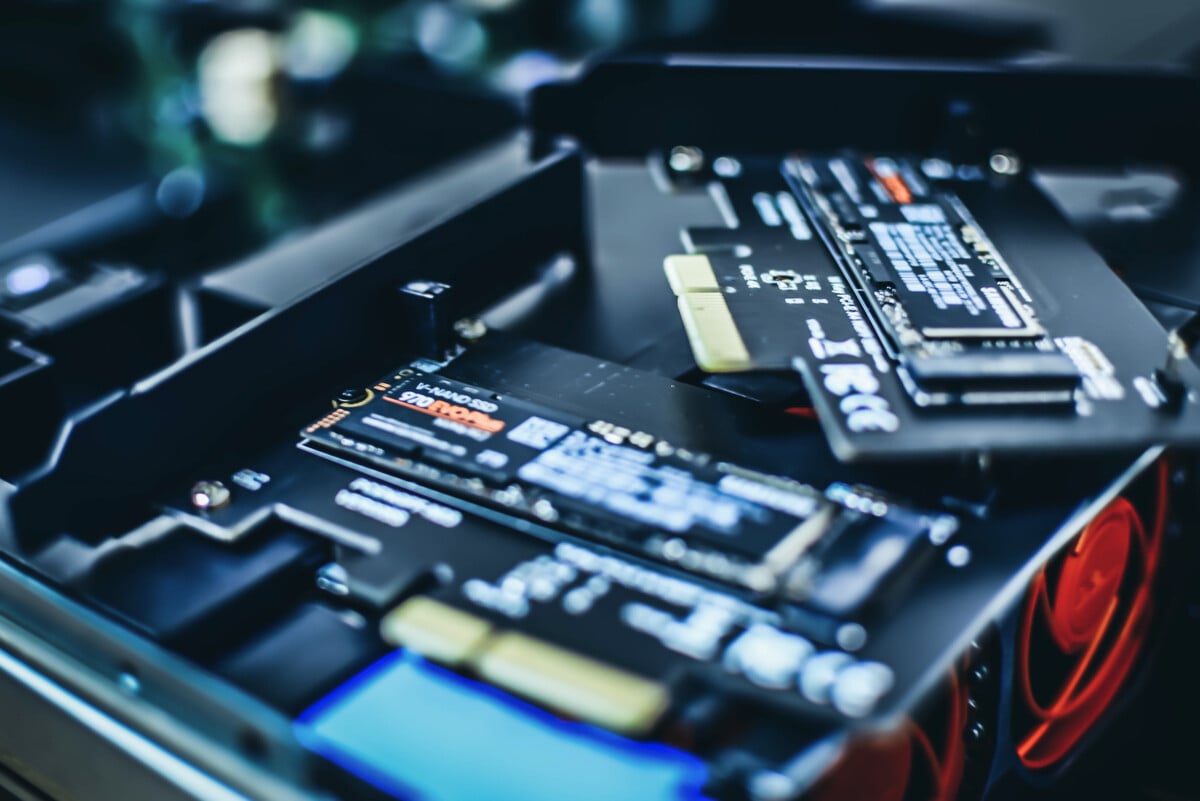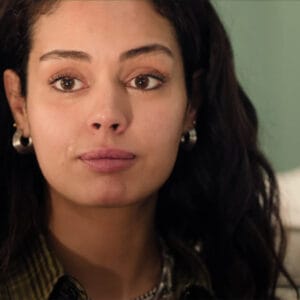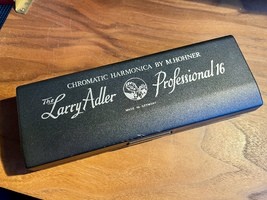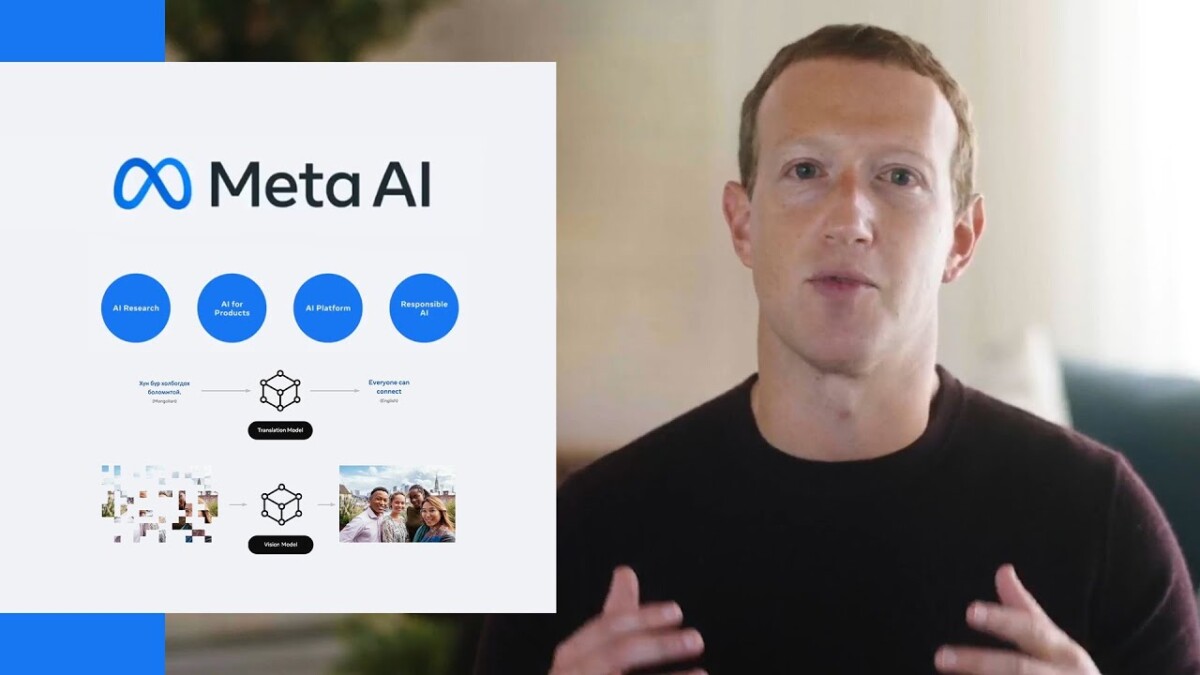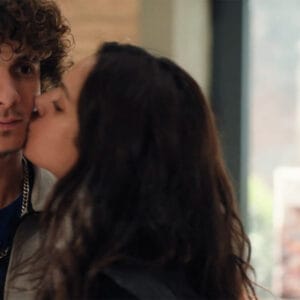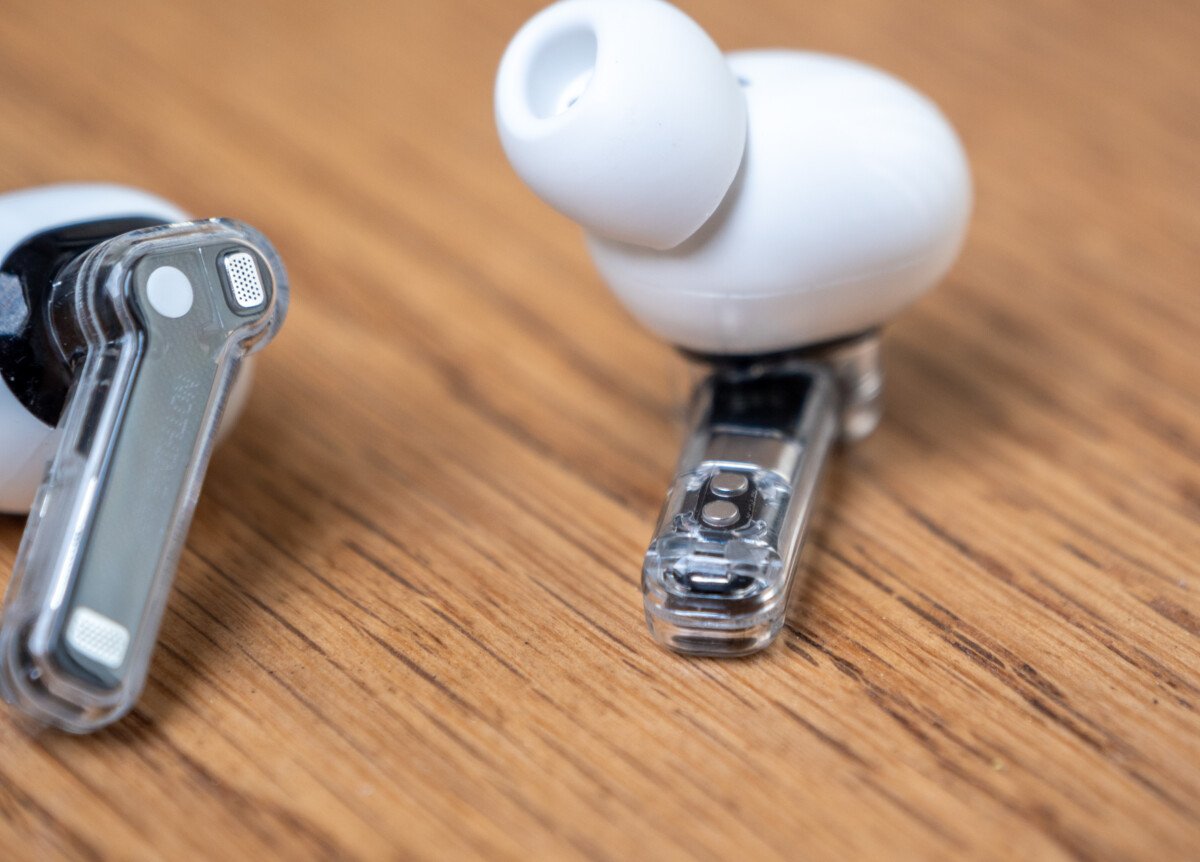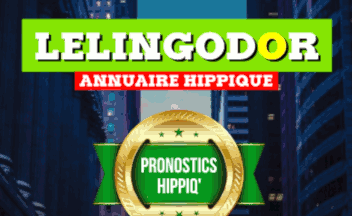Suite de la réunion sur l’innovation et le design, avec le directeur marketing d’un grand laboratoire pharmaceutique. Voici la transcription de l’entretien ayant permis l’article précédent.
As a successful designer, you have been able to complete major projects in different contexts and for different types of customers: How have you leveraged your creative skills all along your career? Did you develop any specific methodology?
First of all, I would like to say that for me the word “designer” refers to a specific way of approaching the world: it’s a way of capturing ideas, assembling them, giving them meaning, and then passing them on. In other words, the designer produce an “object”, an object of design, based on a logical sequence but don’t necessarily create new things (concepts). In addition, I would say that the designer is also an entrepreneur. Unlike an artist who would work purely according to his imagination and inspiration, the designer is supposed to work under some constraints and in the frame of a professional assignment
So, as a designer, I think that the key point is really to be able to focus on this flow that will conduct from an idea to the other. For each project, I always go through this particular mental process where I try to assemble things. In more details, I always start with some words and verbs; I think that it is important because everything starts from a written concept. From that point, I start visualizing things and some pictures quickly come to my mind. I would say that the words define the object and the images illustrate it. At that point, I try to make the pre-defined words and images consistent, I try to coordinate and harmonize them through a new assembled object. Finally, I try to give meaning to this new object (e.g., a web site, a particular logo, a shop, a new service) putting it in a larger context and benchmarking it with other projects or existing objects.
All in all, I always go through the same process. However I have to admit that except this particular approach, I have never worked according to any robust or specific methodology. I would even say that many methodologies exist and are well described in books, but that I don’t want to use any of them, even if I teach design in a business school. I don’t like the idea of a methodology that would pre-determine everything; The methodology itself is an act of design, a way you can change the world. I prefer considering that for every project things need to be re-invented. To be more precise, most of the time things don’t need to be re-invented but gathered: Everything already exist, all is a question of assembling scattered ideas, at a specific time, for specific companies and brands.
I’m over 57 years old, and I have to admit that working with this mindset always brought me new professional opportunities in a very natural way. All along my career, projects have always been followed by new opportunities with no particular prospecting effort.
You have also founded and lead different communications agencies: How have your creative skills helped you in this particular CEO activity and to which extent?
As mentioned in the previous question, being a designer consists to some extent of a specific way of life. My creative skills are always “working” and they are the basis of the way I live. For instance, they drive me when I’m working on the definition of a business plan. I’m not really a financial person. Money is a mean, not a purpose, neither a way of life. I’m not much interested in accounting (I let this part of the work to my partners), but for a big part of my professional activities – including managing my companies and my teams – I work and behave in accordance with my creative sensations.
Thinking about it in more details, I would say that I live and work by anticipating things, and this anticipation is strongly related to my creative skills. This is the main reason why my customers work with me as a consultant or with my company. To some extent, I live in an unbalanced way, struggling with what I’m trying to accomplish every minute and what my creative skills make me anticipate. For example, when I founded my latest Company “La simple agence” 2 years ago, I knew I was already late by providing “traditional” consulting services into communication market. I knew I should quickly develop a wider offering, including digital related activities.
All in all, I would say that a company is already an object of design by itself, with “human” materials, creative people and specific culture. It’s a place where innovation and flows of ideas need to be captured. On one side, I remain firm in the way I manage people as everybody need clear guidance (Especially creative teams); but on the other side, I really think that my creative skills help me maintaining a creative mindset in the company, leveraging floating ideas; And I think these two aspects don’t contradict each other.
Within your agencies, you have managed different teams and different types of profiles: Which recommendations would you make to manage teams efficiently, especially in a context where people are requested to be innovative?
First of all, I’m really in favor of having people experiencing different working environments from time to time and embracing new responsibilities; It is important they consider different perspectives in their job. So I particularly pay attention to their own development by proposing them different types of projects with different assignments.
From a teambuilding standpoint, I think it is also important they spend some time together, out of their professional environment: They need to be together and elaborate together; this really creates the conditions of a good team spirit. As an example, I brought all my team last week into a big restaurant in Burgundy for a long and extended lunch. This was fantastic, everybody enjoyed being together and sharing in a non-professional context. I always prefer to work with friends rather than people I don’t know. My main partner, Styven Charton, is a former student of mine. He is 26 years old.
This being said, I know also when I have to be firm towards my collaborators. It is really important to show them the right direction and to have them moving forward as per agreed objectives. Being firm help them getting clear bearings and respecting their engagements. I’m very demanding with myself and I am also with my collaborators when I think it is required. In that respect, I ask them to use planning and reporting tools. This is even more necessary with creative people: People who have ideas are not necessarily inclined to complete projects on time.
At the end of the day, the most important thing for me is that my company is a place for economic / wealth development, but importantly as well for people development. This doesn’t refer to paternalism but it is a real empathy for people I work with and with whom I share the same values. The idea is to collectively give meaning to what we do together.
You have progressively moved from operational activities (Communication agencies set up and run) to more strategic ones (You teach in different Business schools and provide consulting services): How would you differentiate and qualify these activities?
Of course, I think that these activities are very different. For instance, when you run consulting activities you focus more on building things, whereas teaching activities will be more focused on demonstrating existing good practices, methodologies, etc.
But beyond these differences, I realize that all of these activities have a common denominator: Knowledge transfer. And that’s something I’m particularly interested in as I constantly learn a lot from the others in my daily working life… and I like to transmit what I’ve learned.
What are the most important personal satisfactions and dissatisfactions connected with your job?
Starting with the dissatisfactions, I would say that being a designer running my own agencies, my mind is permanently occupied, which leads to heavy tiredness sometimes. To some extent, this never ending professional activity is also stressful and can have negative impacts on my health and family. That’s the reason for which I do parallel activities such as yoga.
But out of these dissatisfactions, I would say that the satisfactions connected to my jobs are multiple: Successful projects, activities development, my agencies financial sustainability and duration, and ultimately being able to provide a job to the people who work with me.
I realize how much money is not my motivation. Instead, I feel a huge satisfaction in helping people progress through common projects. For instance, after several years at Cartier and BBDO, I worked at Meccano with the main objective to increase and maximize the brand value. My salary has been divided by two but I got so much satisfaction from successfully changing the core production model and saving almost all the jobs there (Drastic change from production of steel to plastic production). At the end, I think that all is relying on people, I don’t believe into fate but in human being’s capability in changing things.



